
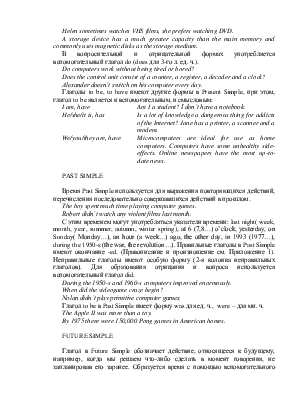
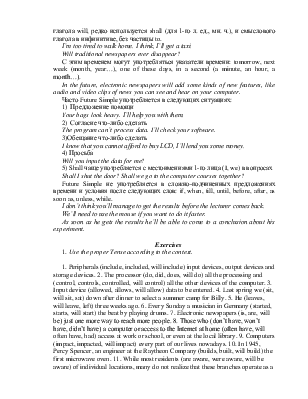
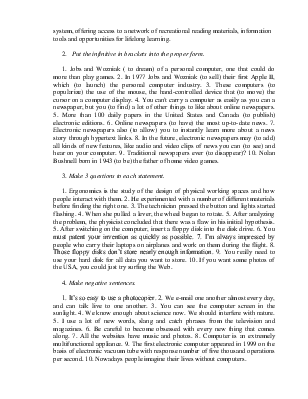
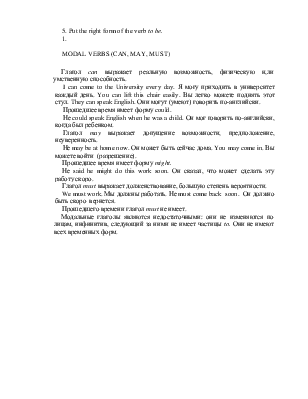
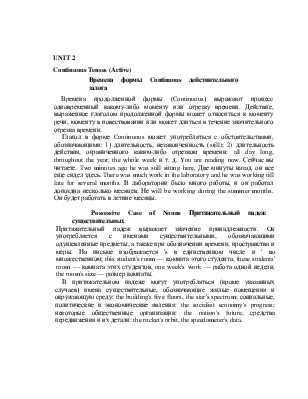
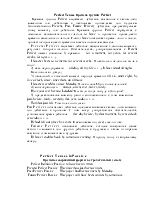
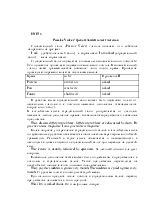
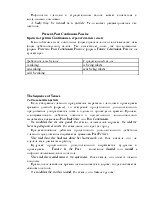
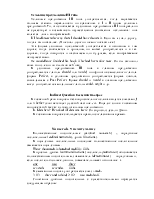
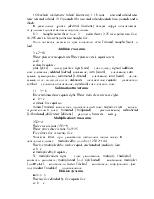
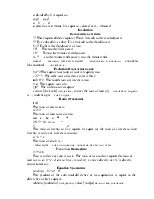
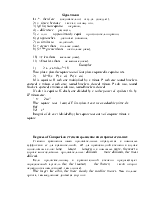
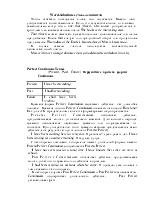
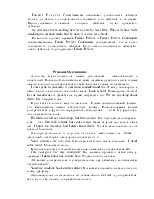
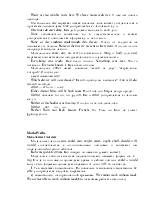
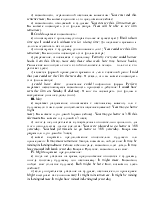
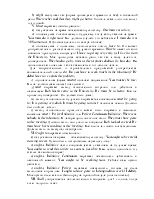
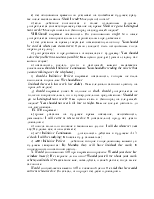
UNIT 1
PRESENT, PAST, FUTURE SIMPLE (ACTIVE)
Порядок слов в утвердительных, отрицательных, вопросительных предложениях:
|
Вопросительное слово Question Word |
Вспомогательный глагол Auxiliary Verb |
Подлежащее Subject |
Сказуемое Predicate |
Дополнение Object |
Обстоятельство места (и времени) AdverbialModifierofPlace(and Time) |
|
The processor |
controls |
The devices |
in the computer system. |
||
|
What |
controls |
The devices |
in the computer system? |
||
|
Does |
the processor |
control |
The devices |
in the computer system? |
|
|
Doesn’t |
the processor |
control |
The devices |
in the computer system? |
|
|
What |
does |
the processor |
do |
in the computer system? |
|
|
What |
does |
the processor |
control |
in the computer system? |
|
|
Where |
does |
the processor |
control |
The devices? |
|
|
Subject |
Auxiliary Verb |
Predicate |
Object |
Adverbial Modifier of Place(and Time) |
|
|
The processor |
doesn’t |
control |
The devices |
in the computer system. |
Такой порядок слов используется для всех групп времен.
PRESENT SIMPLE
Глагол в Present Simple выражает постоянное или повторяющееся действие.
Computers have circuits which can make decisions.
‘Computer’ refers to the central processing unit (CPU)together with an internal memory.
С этим временем могут употребляться указатели времени: usually, every day (week, month, year), often, always, seldom, sometimes, from time to time и т. п. В 3-м л. ед. ч. Глагол имеет окончание -s или -es. (Правописание и произношение см. Приложение 1 )
Tomregularlyplayscomputergames.
Helen sometimes watches VHS films, she prefers watching DVD.
A storage device has a much greater capacity than the main memory and commonly uses magnetic disks as the storage medium.
В вопросительной и отрицательной формах употребляется вспомогательный глагол do (does для 3-го л. ед. ч.).
Do computers work without being tired or bored?
Does the control unit consist of a counter, a register, a decoder and a clock?
Alexander doesn’t switch on his computer every day.
Глаголы to be, to have имеют другие формы в Present Simple, при этом, глагол to be является и вспомогательным, и смысловым:
I am, haveAm I a student? I don’t have a notebook.
He/she/it is, has Is a lot of knowledge a dangerous thing for addicts of the Internet? Jane has a printer, a scanner and a modem.
We/you/they are, have Microcomputers are ideal for use as home computers. Computers have some unhealthy side-effects. Online newspapers have the most up-to-date news.
PAST SIMPLE
Время Past Simple используется для выражения повторяющихся действий, перечисления последовательно совершавшихся действий в прошлом.
The boy spent much time playing computer games.
Robert didn’t watch any violent films last month.
С этим временем могут употребляться указатели времени: last night( week, month, year, summer, autumn, winter spring), at 6 (7,8…) o’clock, yesterday, on Sunday( Monday…), an hour (a week…) ago, the other day, in 1993 (1977…), during the 1950-s (the war, the revolution…). Правильные глаголы в Past Simple имеют окончание -ed. (Правописание и произношение см. Приложение 1). Неправильные глаголы имеют особую форму (2-я колонка неправильных глаголов). Для образования отрицания и вопроса используется вспомогательный глагол did.
During the 1950-s and 1960-s computers improved enormously.
When did the videogame craze begin?
Nolan didn’t play primitive computer games.
Глагол to be в Past Simple имеет форму was для ед. ч., were – для мн. ч.
The Apple II was more than a toy.
By 1975 there were 150,000 Pong games in American homes.
FUTURE SIMPLE
Глагол в Future Simple обозначает действие, относящееся к будущему, например, когда мы решаем что-либо сделать в момент говорения, не запланировав его заранее. Образуется время с помощью вспомогательного глагола will, редко используется shall (для 1-го л. ед., мн. ч.), и смыслового глагола в инфинитиве, без частицы to.
I’m too tired to walk home. I think, I’ll get a taxi.
Will traditional newspapers ever disappear?
С этим временем могут употребляться указатели времени: tomorrow, next week (month, year…), one of these days, in a second (a minute, an hour, a month…).
In the future, electronic newspapers will add some kinds of new features, like audio and video clips of news you can see and hear on your computer.
Часто Future Simple употребляется в следующих ситуациях:
1) Предложение помощи
Уважаемый посетитель!
Чтобы распечатать файл, скачайте его (в формате Word).
Ссылка на скачивание - внизу страницы.